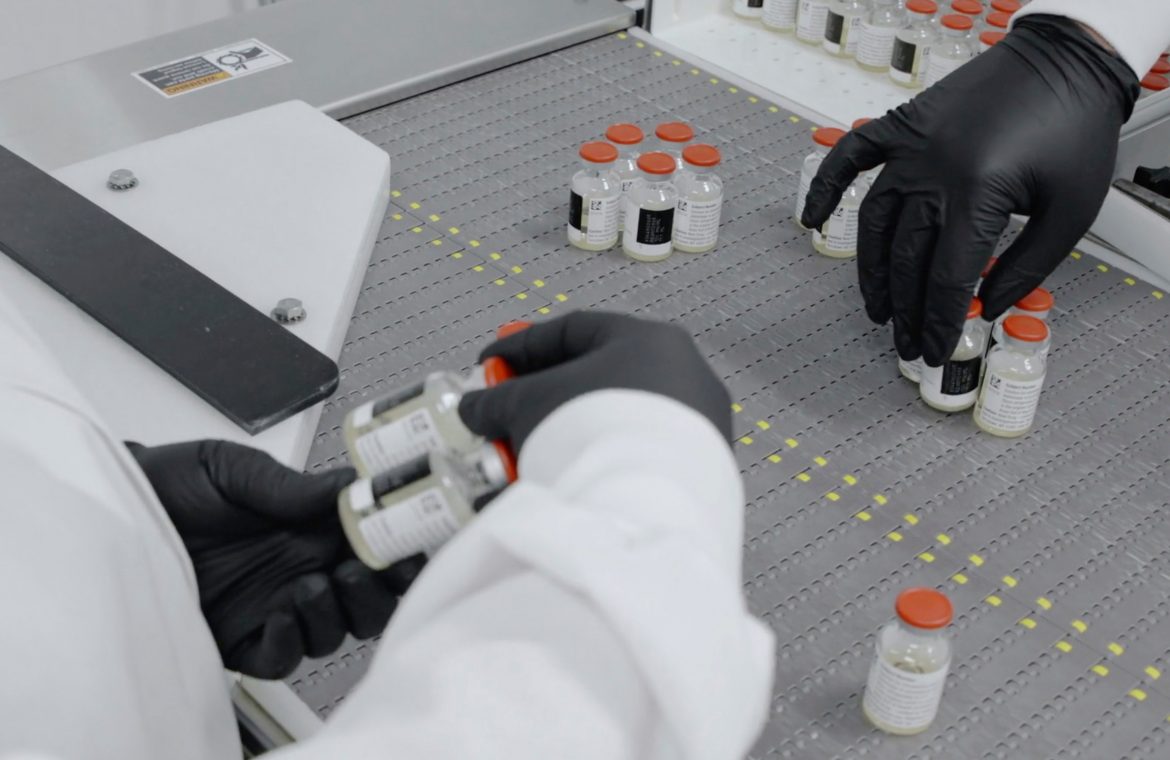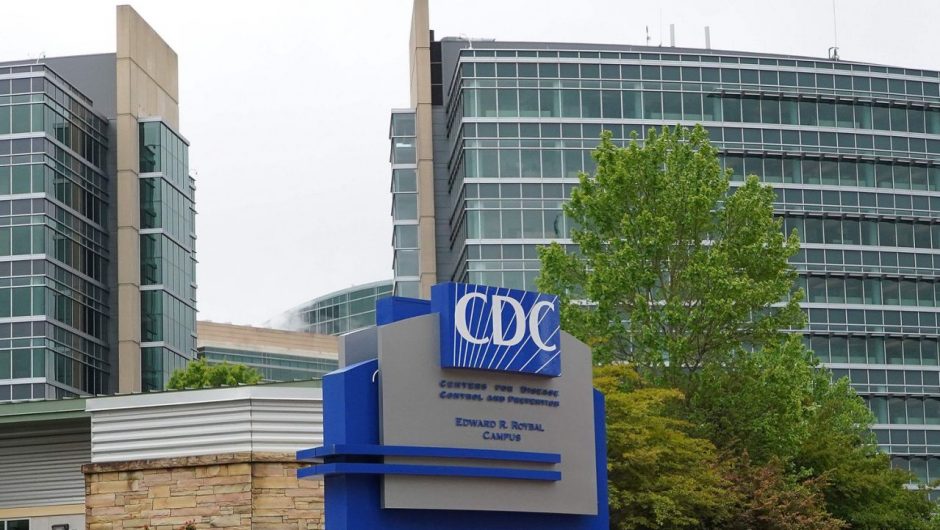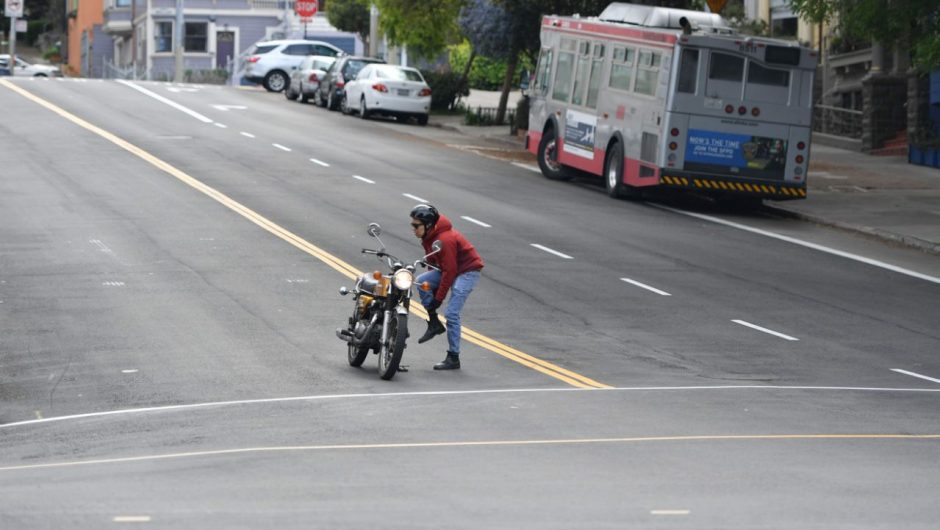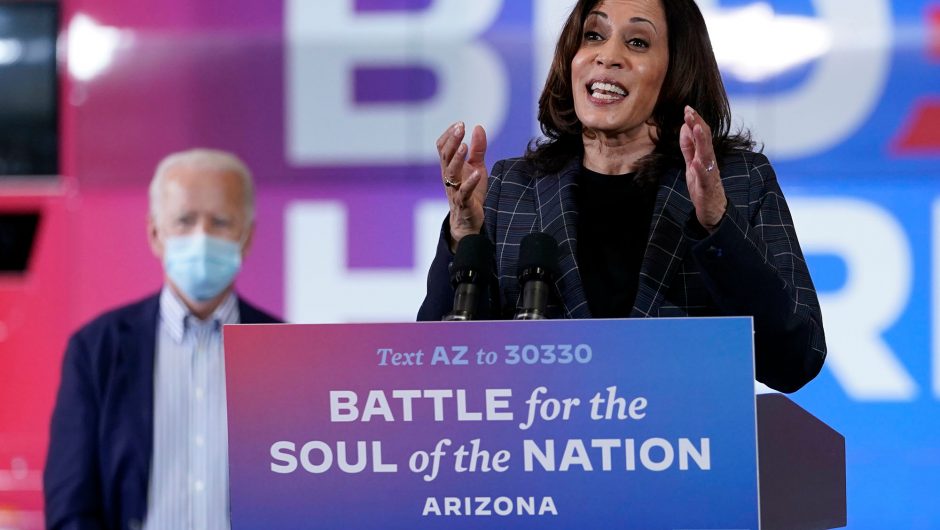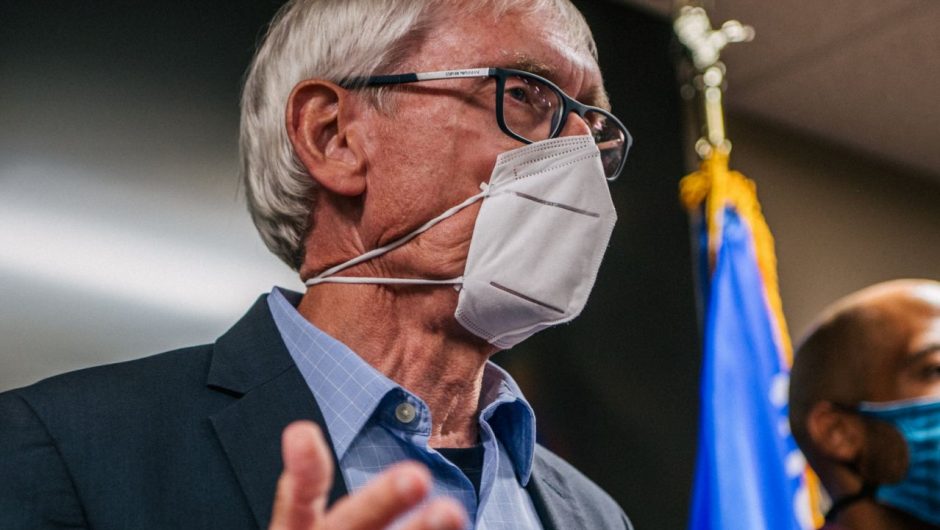President Trump on Wednesday hailed the experimental anti-virus drugs he was given during his treatment for the coronavirus, including an antibody treatment by drugmaker Regeneron.
“They gave me Regeneron,” Trump said in a video posted to his Twitter account Wednesday about his treatment at Walter Reed Medical Center.
“It was like unbelievable. I felt good immediately. I felt as good three days ago as I do now,” he added.
Here is what we know about the treatment that Trump credits with helping him recover from his bout with COVID-19:
What is in Regeneron’s COVID-19 monoclonal antibody drug cocktail and how does it help?
The drug, code-named REGN-COV2, is a combination of two “monoclonal antibodies” — REGN10933 and REGN10987 — intended to fight off SARS-CoV-2, which causes COVID-19.
Monoclonal antibodies are synthetic versions those naturally produced by the human immune system to fight viruses, according to healthcare news outlet Stat.
The company says its trials have found the treatment was most successful in helping the recovery of patients who had not already produced their own antiviral immune response to the coronavirus, according to the report.
“The greatest treatment benefit was in patients who had not mounted their own effective immune response, suggesting that REGN-COV2 could provide a therapeutic substitute for the naturally occurring immune response,” Regeneron’s president, Dr. George Yancopoulos, told the Wall Street Journal .
Those patients, Yancopoulos added, were less likely to fight the coronavirus off on their own and more likely to have prolonged symptoms from the virus.
Can antibodies treat COVID-19?
The Regeneron drug — and a second antibody treatment created by drugmaker Eli Lilly — could both potentially treat the coronavirus, but neither have passed through clinical trials or been approved for widespread use by the FDA.
According to results of a study on the Regneron treatment, the drug was not especially effective in helping treat patients who had low-levels of the virus in their system, or who had already begun naturally fighting off the virus.
But because the drug was shown most effective in patients who had not begun their own immune response, Dr. Yancopuolos said the results were still encouraging.
“The totality of the data and the way it all hangs together really suggests we’re impacting viral load,” Dr. Yancopoulos said on the conference call last week, according to the Journal.
The Regeneron treatment has been approved only for “compassionate use,” a limited basis that has put the company in a “tough position” since high-profile patient President Trump began touting the treatment.
REUTERSWhat are the side effects of the Regeneron treatment?
The company has not detailed potential side effects of the treatment, which is still in a clinical trial phase.
A doctor at Lenox Hill Hospital told Medicalxpress, however, that in general patients have shown a number of side effects to the treatment, including fevers, chills and fatigue.
Other more serious side effects included shortness of breath and chest pain, according to the report.
What is the price of Regeneron’s drug?
The drug is currently given for free because it is only used in clinical trials and through compassionate use, the New York Times reported.
If it’s approved for widespread use, the treatment could cost thousands of dollars, similar to other monoclonal antibody treatments, according to the report.


